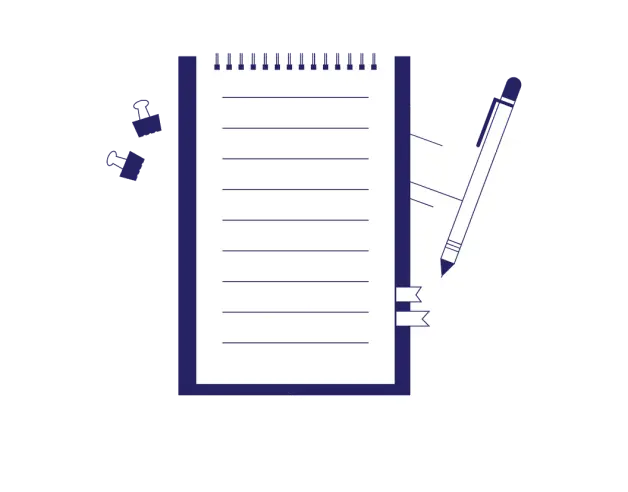
- 4-minute read
- 5th August 2023
What Is Developmental Editing?
Before a text is published, it’s likely to have had several rounds of editing and gone through multiple drafts. And depending on what you’re writing and where you are in the writing process, the specific type of editing required will vary. In this post, we’ll take a closer look at developmental editing – what it includes and how it’s different from other types of editing. Keep reading to learn more about developmental editing and why your writing could benefit from it.
What Is Developmental Editing?
Developmental editing, sometimes also known as content editing or substantive editing, is comprehensive editing that focuses on improving the overall structure, content, and organization of a text. Developmental editors often work with writers from the very beginning of a project or right after the first draft. Rather than focusing on the finer points of language and writing, developmental editing addresses broader issues, such as:
● Narrative flow: Developmental editors check that the narrative of a story flows well and that there’s a smooth transition between paragraphs, scenes, and chapters.
● Character development: Editors look for issues with characters, like weak or unbelievable character development. They may question a character’s motivation or recommend how to make certain characters more compelling.
● Plot coherence: Since the author is so close to their story, they may not recognize glaring plot holes or other confusing elements, so developmental editors point out areas where the plot can be strengthened or adjusted for clarity.
● Thematic consistency: Developmental editors ensure all thematic ideas introduced in a story come to a suitable resolution and that the setting/atmosphere enhances, rather than detracts from, the central themes.
● Pacing: If the pace of a story is too fast or too slow, a developmental editor can suggest ways to make it more engaging and realistic.
Find this useful?
Subscribe to our newsletter and get writing tips from our editors straight to your inbox.
● Inconsistent points of view: Editors might point out when an author abruptly or awkwardly switches a character’s point of view, such as from the first person to the third person.
Since developmental editing often results in big changes to a manuscript, it’s typically the first stage of the editing process. Developmental editors may even work with writers over the course of multiple drafts to ensure consistency throughout the editing process. It’s used primarily in longer works like fiction, nonfiction, and creative writing.
How Is Developmental Editing Different From Other Types of Editing?
Developmental editing differs from other types of editing because it focuses on “big-picture” issues in a manuscript and typically includes at least some collaboration with the author. Developmental editors may not even make any direct changes at all in their first review of a text, instead focusing on adjusting the overall structure and flow. In contrast, copyediting and line editing work on improving issues like language, mechanics, consistency, and style. They both take place after developmental editing but before proofreading, and no major changes to the plot or structure are made during the copyediting and line editing process. As a result, they don’t normally require as much collaboration with the author – editors tend to make fewer editorial comments and more direct changes to the text.
Expert Editing Services
Ensure your writing is the best it can possibly be by having it proofread and edited by our expert team. Our editors are experienced at working with all types of writing – from poetry to nonfiction. Send in your free sample of 500 words or fewer and get started today.
Alternatively – reckon you’ve got what it takes to be a developmental editor? We’re always on the lookout for talented developmental editors at Proofed. We work with publishers and independent authors to get their stories publication-ready. If it sounds like the perfect role for you, check out Knowadays’s proofreading and editing training courses. Graduates of their courses who pass with distinction are guaranteed editing work at Proofed. Take a look at the free trial of their excellent Becoming an Editor course to start your developmental editing career today.